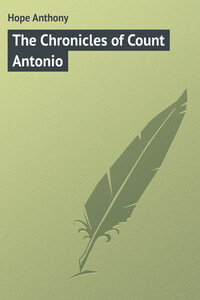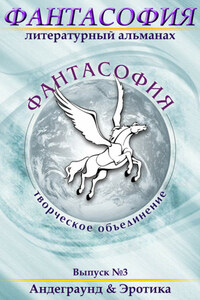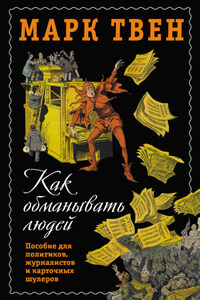Chapter One
AMBROSE, LORD LYNBOROUGH
Common opinion said that Lord Lynborough ought never to have had a peerage and forty thousand a year; he ought to have had a pound a week and a back bedroom in Bloomsbury. Then he would have become an eminent man; as it was, he turned out only a singularly erratic individual.
So much for common opinion. Let no more be heard of its dull utilitarian judgements! There are plenty of eminent men – at the moment, it is believed, no less than seventy Cabinet and ex-Cabinet Ministers (or thereabouts) – to say nothing of Bishops, Judges, and the British Academy, – and all this in a nook of the world! (And the world too is a point!) Lynborough was something much more uncommon; it is not, however, quite easy to say what. Let the question be postponed; perhaps the story itself will answer it.
He started life – or was started in it – in a series of surroundings of unimpeachable orthodoxy – Eton, Christ Church, the Grenadier Guards. He left each of these schools of mental culture and bodily discipline, not under a cloud – that metaphor would be ludicrously inept – but in an explosion. That, having been thus shot out of the first, he managed to enter the second – that, having been shot out of the second, he walked placidly into the third – that, having been shot out of the third, he suffered no apparent damage from his repeated propulsions – these are matters explicable only by a secret knowledge of British institutions. His father was strong, his mother came of stock even stronger; he himself – Ambrose Caverly as he then was – was very popular, and extraordinarily handsome in his unusual outlandish style.
His father being still alive – and, though devoted to him, by now apprehensive of his doings – his means were for the next few years limited. Yet he contrived to employ himself. He took a soup-kitchen and ran it; he took a yacht and sank it; he took a public-house, ruined it, and got himself severely fined for watering the beer in the Temperance interest. This injustice rankled in him deeply, and seems to have permanently influenced his development. For a time he forsook the world and joined a sect of persons who called themselves "Theo-philanthropists" – and surely no man could call himself much more than that? Returning to mundane affairs, he refused to pay his rates, stood for Parliament in the Socialist interest, and, being defeated, declared himself a practical follower of Count Tolstoi. His father advising a short holiday, he went off and narrowly escaped being shot somewhere in the Balkans, owing to his having taken too keen an interest in local politics. (He ought to have been shot; he was clear – and even vehement – on that point in a letter which he wrote to The Times.) Then he sent for Leonard Stabb, disappeared in company with that gentleman, and was no more seen for some years.
He could always send for Stabb, so faithful was that learned student's affection for him. A few years Ambrose Caverly's senior, Stabb had emerged late and painfully from a humble origin and a local grammar school, had gone up to Oxford as a non-collegiate man, had gained a first-class and a fellowship, and had settled down to a life of research. Early in his career he became known by the sobriquet of "Cromlech Stabb" – even his unlearned friends would call him "Cromlech" oftener than by any other name. His elaborate monograph on cromlechs had earned him the title; subsequently he extended his researches to other relics of ancient religions – or ancient forms of religion, as he always preferred to put it; "there being," he would add, with the simplicity of erudition beaming through his spectacles on any auditor, orthodox or other, "of course, only one religion." He was a very large stout man; his spectacles were large too. He was very strong, but by no means mobile. Ambrose's father regarded Stabb's companionship as a certain safeguard to his heir. The validity of this idea is doubtful. Students have so much curiosity – and so many diverse scenes and various types of humanity can minister to that appetite of the mind.
Occasional rumors about Ambrose Caverly reached his native shores; he was heard of in Morocco, located in Spain, familiar in North and in South America. Once he was not heard of for a year; his father and friends concluded that he must be dead – or in prison. Happily the latter explanation proved correct. Once more he and the law had come to loggerheads; when he emerged from confinement he swore never to employ on his own account an instrument so hateful.
"A gentleman should fight his own battles, Cromlech," he cried to his friend. "I did no more than put a bullet in his arm – in a fair encounter – and he let me go to prison!"
"Monstrous!" Stabb agreed with a smile. He had passed the year in a dirty little inn by the prison gate – among scoundrels, but fortunately in the vicinity of some mounds distinctly prehistoric.
Old Lord Lynborough's death occurred suddenly and unexpectedly, at a moment when Ambrose and his companion could not be found. They were somewhere in Peru – Stabb among the Incas, Ambrose probably in less ancient company. It was six months before the news reached them.














